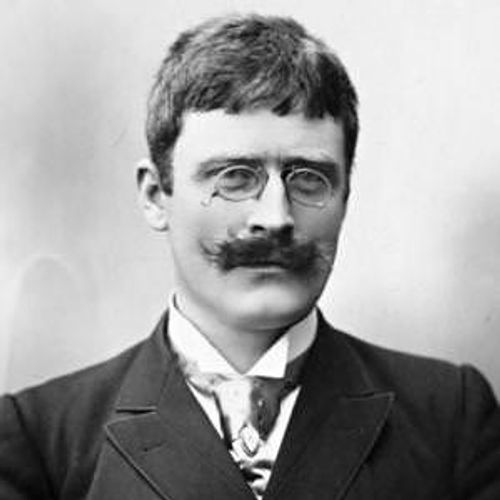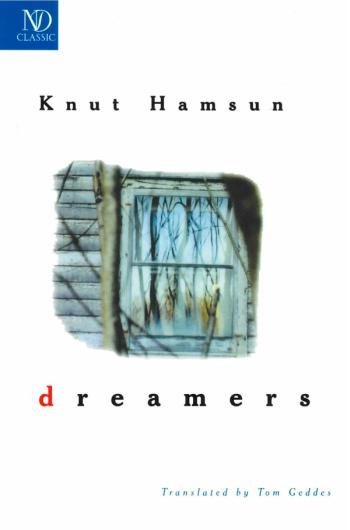The midnight sun illumines more than fishing and fjords in this remote northern Norwegian village. In fact, half-baked schemes and hilarity abound. Big Ove Rolandsen, telegraph operator, mad scientist, and local Casanova, trades wits, fists, and kisses with a host of quirky neighbors. He serenades the curate’s wife and fights a drunken giant, but taking on Trader Mack, the town’s fish-glue magnate, is a more difficult matter. Knut Hamsun, author of the acclaimed Hunger and winner of the 1920 Nobel Prize for Literature, renders the dreams and dramas of these townsfolk with a delightfully light touch. Robert Bly has written that Hamsun “has a magnifying glass on his eye, like a jeweler’s,” and Dreamers gleams like a perfect, semi-precious stone.

